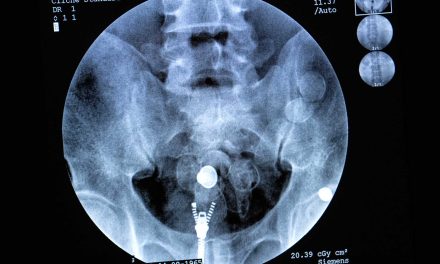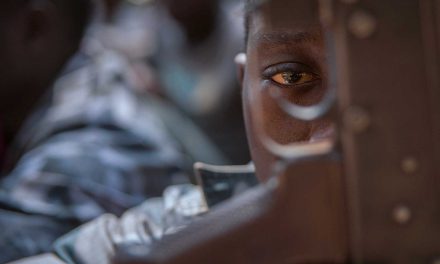Shockwaves are still reverberating through Namibia due to cross-border scandals that have deeply scarred Hage Geingob’s presidency.
On 12 November last year, a media release, supported by Namibian civil society and international anti-corruption agencies, was issued in multiple countries to draw attention to what the authors of the release called “a call for restorative justice”.
It was the three-year anniversary to the day since revelations of the largest corruption scandal in Namibian history to date were made public – the so-called Fishrot fisheries corruption scandal.
On 12 November 2019, weeks away from the country’s presidential and parliamentary elections that year, Namibian politics and society were rocked -and shocked – when Wikileaks splashed a trove of more than 30,000 documents it called the Fishrot files on the internet.
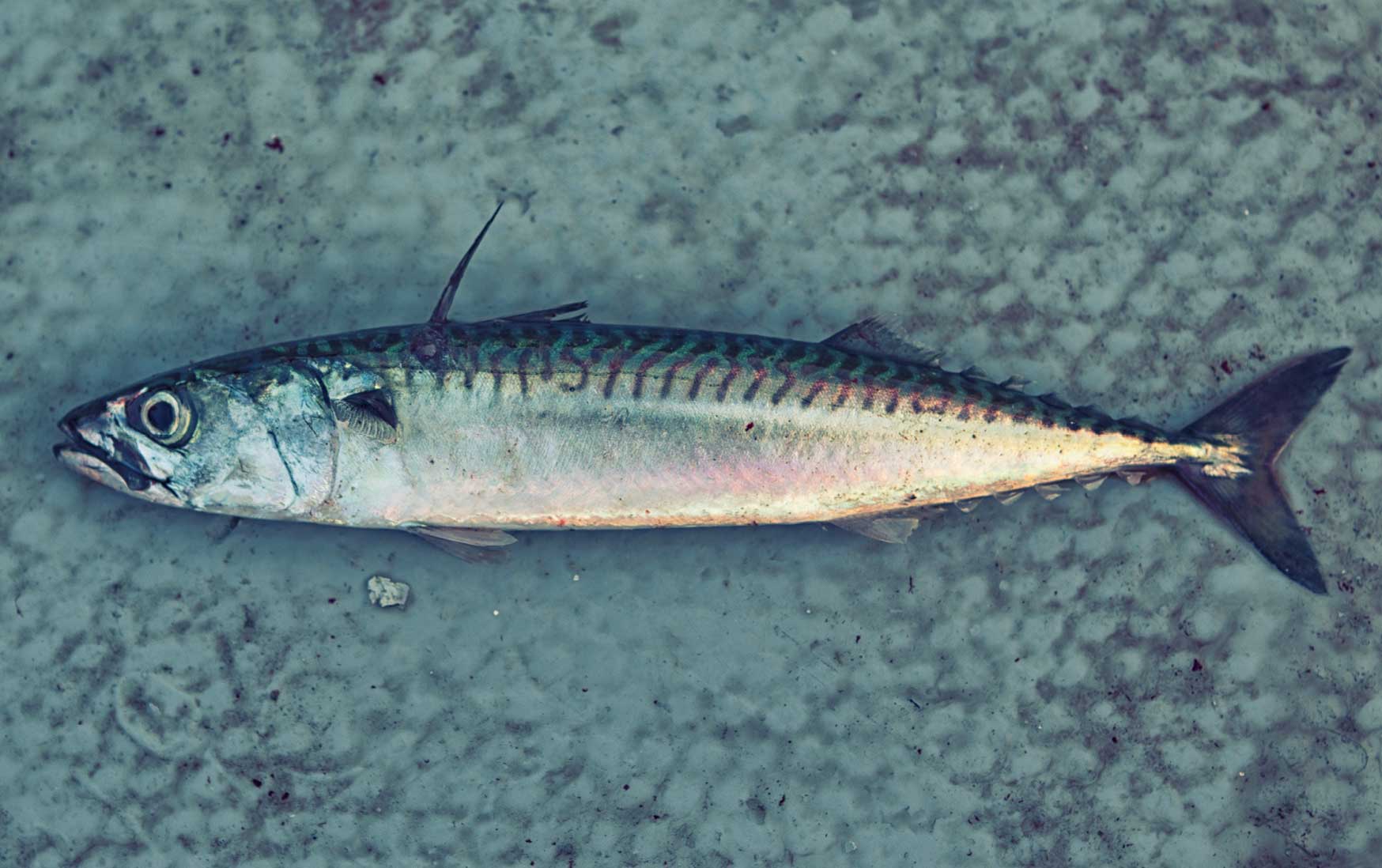
The documents detailed how Namibia’s governance systems and processes were bent and undermined over the course of years to enable a grand corruption scheme – involving the largest Icelandic fishing company, Samherji, allegedly paying enormous bribes – in the Namibian fisheries sector – that had as a consequence the collapse of large fishing companies and the decimation of thousands of jobs.
Two influential members in the cabinet of Namibian president Hage Geingob, along with a gaggle of high profile and politically associated business people, were ensnared in the corruption dragnet in the days and weeks after the Fishrot files were published online – and local newspaper The Namibian and international news media started publishing and broadcasting exposé after exposé.
The two former ruling party luminaries and their accomplices have been in prison since then, unsuccessfully fighting either for the charges to be dropped or for bail to be granted, with the corruption trial proper only slated to commence early this year in the Namibian High Court.
Surprisingly, on the Icelandic side, there has been almost no movement, to date, in holding Samherji and its principals accountable.
And importantly, what the Fishrot files also reveal is how a truly transnational web of shell companies, proxies, and banks facilitated the funnelling of bribes and other alleged illicit financial flows between Namibia and various notorious tax and banking havens and into accounts in major European and Middle Eastern financial centres, and vice versa.
The media release of 12 November 2022, which was jointly authored by Transparency International Iceland and the Namibia-based Institute for Public Policy Research (IPPR), and supported by a handful of Namibian civil society organisations and associations, along with a number of European chapters of Transparency International, made it clear that for justice to be truly served those responsible need to be held accountable by a number of actors and authorities in various jurisdictions around the world.
Fishrot is a truly transnational corruption scandal, and the media statement underscored its scale and the damage wrought: “Fishrot is the largest corruption scandal in both Namibian and Icelandic history,” the statement said. “The value of transactions flagged as suspicious by Namibia’s Financial Intelligence Centre in connection with the Fishrot scheme is reported to be around $650 million. This has had a devastating impact on Namibia’s fishing industry, local fishing communities, and the broader economy. Thousands of local fishermen are thought to have lost their jobs. The impact will undoubtedly be felt for generations.”
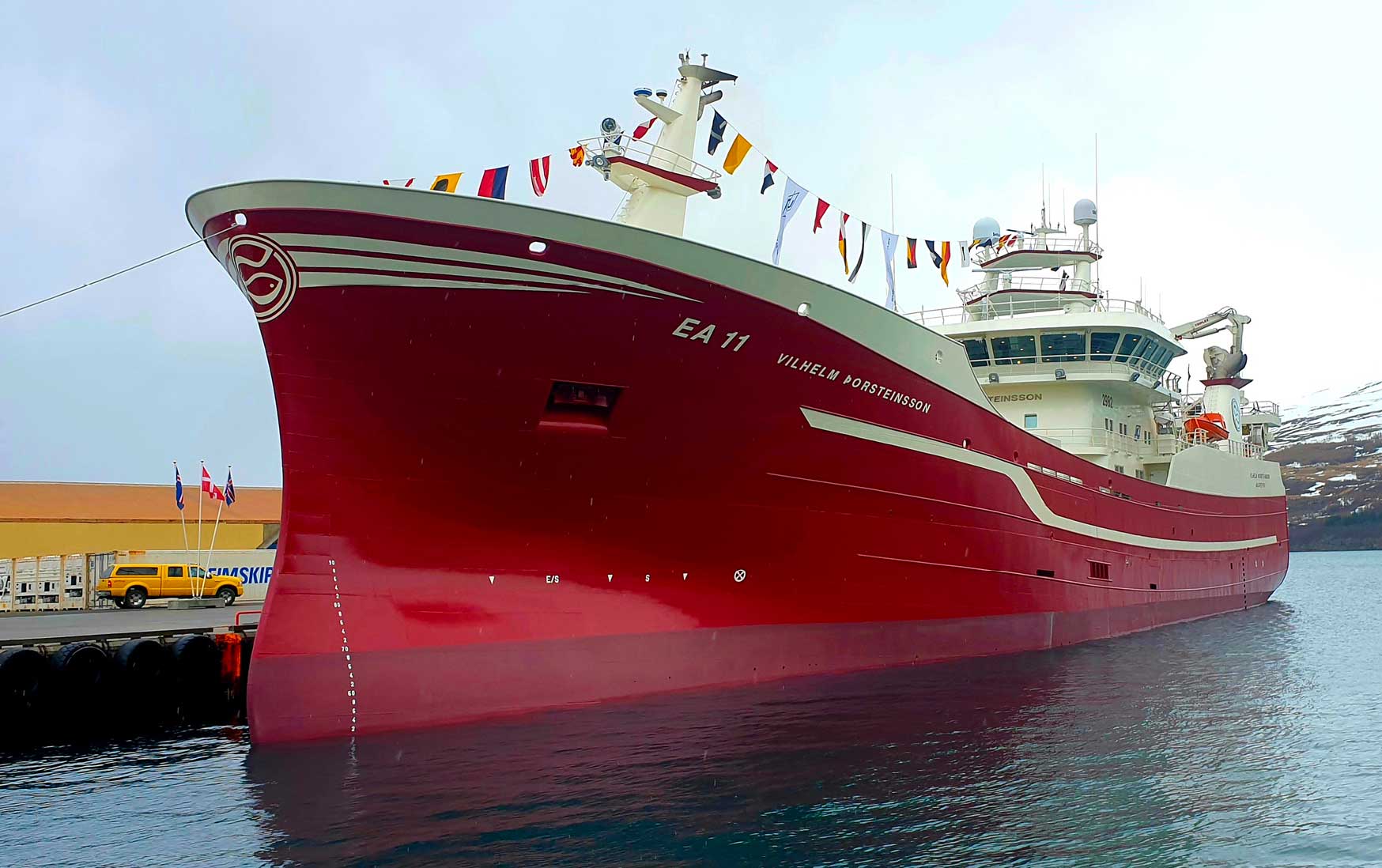
Samherji’s “Vilhelm Þorsteinsson EA 11” vessel for pelagic fishing in its home port, Akureyri, Iceland. Photo: Dagvidur/samherji.is
But it isn’t just the Fishrot scandal that has tainted the image of the Geingob presidency, the ruling South West African People’s Organisation (Swapo) and the Namibian government in general. Fishrot was preceded by two other corruption scandals of a transnational nature, which have dramatically unfolded since Geingob became president in early 2015 and in which he appeared to be directly implicated in some way.
The first to come to light was the Kora Awards scandal of 2015-2016 that involved the irregular payment of an advance of over N$23 million (almost $1.5 million) to West African impresario and Geingob associate Ernest Adjovi, for hosting the Kora All-Africa Music Awards in Namibia, in early 2016.
Incidentally, the Kora Awards were founded in 1994 by Adjovi, apparently advised by his “friend” Hage Geingob, then the prime minister of newly independent Namibia. The glitzy pan-African music awards ceremony never took place in early 2016, and Adjovi has disappeared with the money the Namibian government paid through the Namibia Tourism Board (NTB) to one of his off-shore companies.
In January last year, the Namibian high court ordered that Benin-born Adjovi and his Côte d’Ivoire-based company repay the $1.5 million to the NTB.
The second pre-Fishrot transnational corruption scandal to hit the Geingob presidency hard was the collapse of the largely Namibian government-owned Small and Medium Enterprises (SME) Bank in 2016-2017. This was a Geingob-driven initiative that opened its doors in 2011 with the help of Zimbabwean banker Enock Kamushinda.
The ostensible aim of the bank was to provide loans to Namibian small businesses to grow, but instead, its sudden collapse has led to business closures and job losses. Despite reports of Kamushinda and his associates’ dodgy dealings in Zimbabwe at the time, the Namibian government partnered with him and his company, World Eagle, in 2009 to launch the SME Bank, with Geingob reportedly playing a central role in the process.
The bank was shuttered in 2017, and in October 2020, the Namibian High Court found that Kamushinda and his associates had looted the bank to the tune of hundreds of millions of Namibian dollars, that were routed through South African, Zimbabwean and Namibian entities. At the time of writing, the SME Bank was still in the process of being wound up through a court-instituted curatorship.
Notably, while Adjovi and Kamushinda, and their associates, have been found liable in the Kora Awards and SME Bank scandals, no Namibian government or political officials or figures have been held accountable – despite clear evidence of, at best, improper conduct, in these two cases.
The effect of these scandals, and the evident lack of accountability, has been that Geingob entered the second term of his presidency, running from April 2020 to March 2025, in a “position of weakness”, according to the University of Namibia (UNAM) political scientist Rui Tyitende.
In the November 2014 presidential election Geingob garnered 85% of the popular vote, but in November 2019 he only managed a humbling 55%. The ruling Swapo party also recorded a marked drop in support during that election cycle, but not as drastic as that of its president.
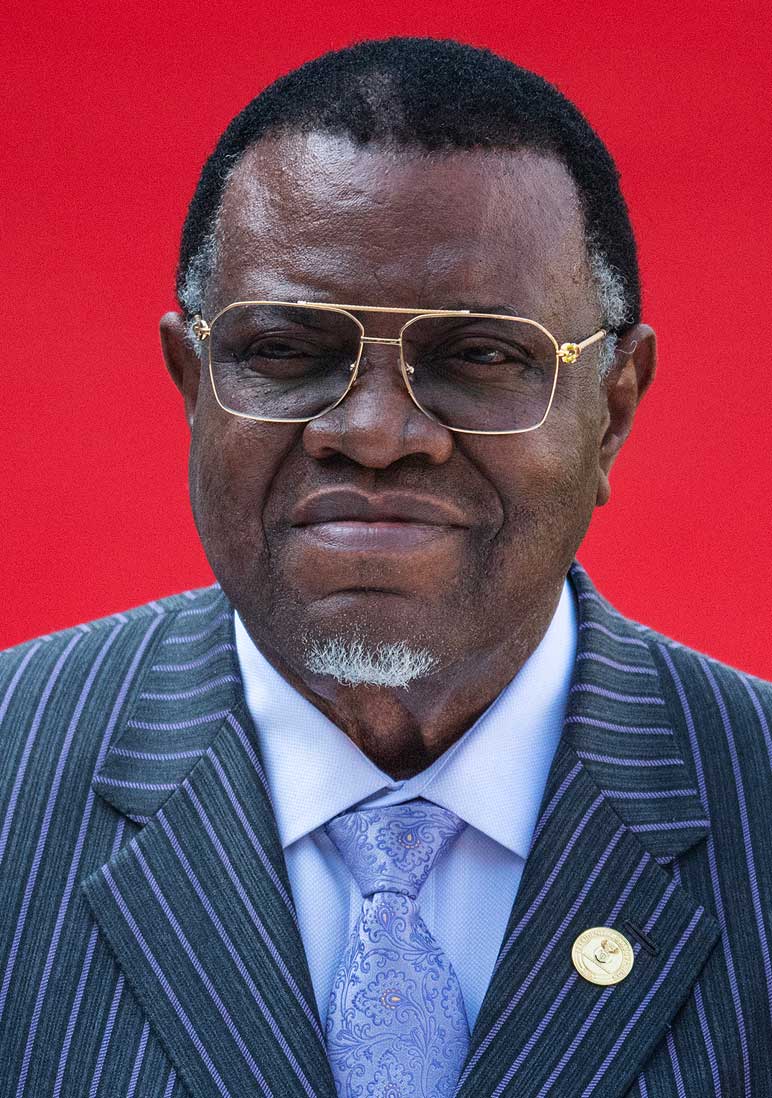
Namibian President Hage Geingob arrives at the Loftus Versfeld Stadium in Pretoria, South Africa, for the inauguration of incumbent South African President Cyril Ramaphosa
in May 2019. Photos: Michele Spatari/AFP
“High-profile corruption cases, such as the Fishrot saga and the looting of the SME Bank under his watch have dented his (Geingob’s) credibility as a leader that could transform Namibian society for the better,” says Tyitende. “Even though unproven, there is widespread public perception that President Geingob is compromised and has taken a lacklustre approach towards tackling corruption in the country. This has further led to an erosion of trust in political institutions.”
The ruling party has, of course, tried to distance itself from these very public scandals. In one such move, considered by some as something of a rebuke of Geingob and a rejection of his faction’s perceived preferred candidate, on 28 November 2022, following a weekend-long party congress, Netumbo Nandi-Ndaitwah –spoken in ruling party circles as the hand that will clamp down on corruption in the party – was announced as having roundly won the election for party vice president, an effective anointing as the next party and national president.
However, for some, the election of Nandi-Ndaitwah doesn’t spell a change in direction for the ruling party, pointing out that she has been a member of successive Swapo governments over the past 30 years without having raised her voice or finger against increasing state corruption of the state through the party by politically aligned local and international interests.
“You know that feeling when you look at your parents or elders and think ‘liars’,” says Naita Hishoono, executive director of the Namibia Institute for Democracy (NID) and herself a “child of the party”, voicing scepticism that new leadership spells a new direction for the party and country.
“You now just have that feeling of disappointment in your heroes,” she adds, explaining how the internationalised corruption of the party and state started during the liberation struggle days when “comrades” were showered with “solidarity” (money meant to finance the push for independence from apartheid South Africa) in the friendly capitals of the world.
With corruption having taken on such a transnational character, some believe the solutions to Namibia’s political and economic corruption challenges are to be found internationally.
The Transparency International Iceland and Institute for Public Policy Research (IPPR) media statement of 12 November 2022 concludes with a call for authorities in “the US, UK, Germany, France, Poland, the Netherlands, Norway, and the Faroe Islands, to take all available steps to ensure that proceeds of crime are not entering their economies through Samherji’s international investments made using proceeds of its Namibian business.”
And the statement concludes: “It is time for all stakeholders to prove their commitment to fighting corruption and bringing justice and reparation to the people of Namibia.”
Frederico Links is a Namibian journalist, editor, researcher, trainer and activist. Research associate of Namibia’s Institute for Public Policy Research (IPPR). He is primarily concerned with democracy and governance, particularly corruption and maladministration. He is chairperson of the Access to Information in Namibia (ACTION) Coalition of civil society, media and social activists.




